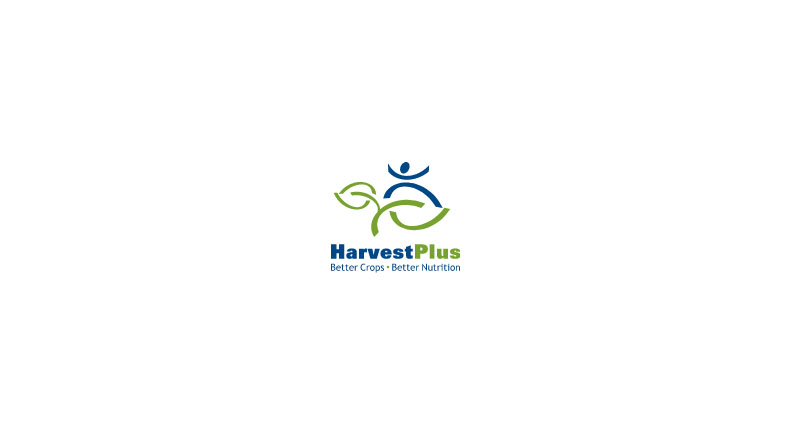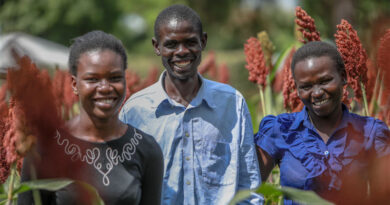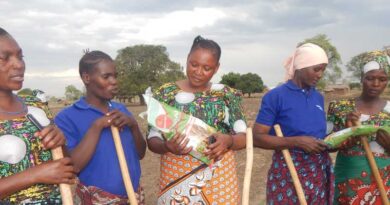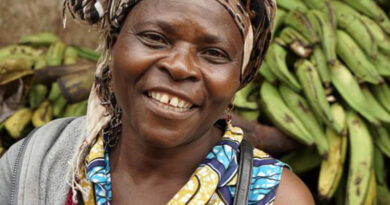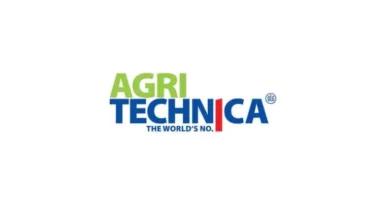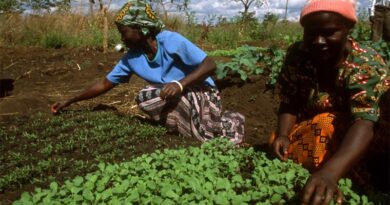Tanzania Commits to Scaling Up Nutrient-Enriched Crops
03 June 2023, Tanzania: Tanzania, like many countries in Africa, is grappling with food and nutrition insecurity. To address this challenge, the Minister of Agriculture recently presented to the Parliament the 2023/2024 national budget proposal which highlighted the three critical areas that will be supported to accelerate the scale-up of biofortification in Tanzania: 1) Increased production of early-generation seed by the Tanzania Agriculture Research Institute (TARI); 2) Robust extension for increased production of biofortified crops for diversified diets to handle malnutrition 3) Increased production of planting materials for vitamin A orange sweet potato by TARI.
The government of Tanzania, supported by HarvestPlus and its partners, developed the National Biofortified Guidelines in 2020, an output of the Enhancing Nutrition Services to Improve Maternal and Child Health in Africa and Asia (ENRICH) project. The guidelines set out the role of biofortification in fighting malnutrition, alongside other proven nutrition solutions like supplementation. The 2023/2024 proposed budget allocation is the first step toward operationalizing the national guidelines.
In Tanzania, 34 percent, or 3.3 million children under 5 years old suffer from chronic malnutrition and 58 percent, or 5.6 million suffer from anemia, according to the most recent Demographic and Health Survey. Using biofortification, the micronutrient content of staple food crops is increased through selective breeding. HarvestPlus nutrition and crop experts work with global partners to develop staple crop varieties with levels of micronutrient content that can have a measurable impact on human nutrition and health, meet the agronomic needs of farmers, and are acceptable to consumers.
This mark of commitment to biofortification by the government builds on previous work implemented from 2019 to 2022 by HarvestPlus and the Global Alliance in Nutrition on the Commercialization of Biofortified Crops project that led to a 10-fold increase in production of high iron beans and more than doubled farmer access to vitamin A maize seed.
Also Read: Rajasthan Government categorizes Agrochemical companies based on sample report
(For Latest Agriculture News & Updates, follow Krishak Jagat on Google News)

